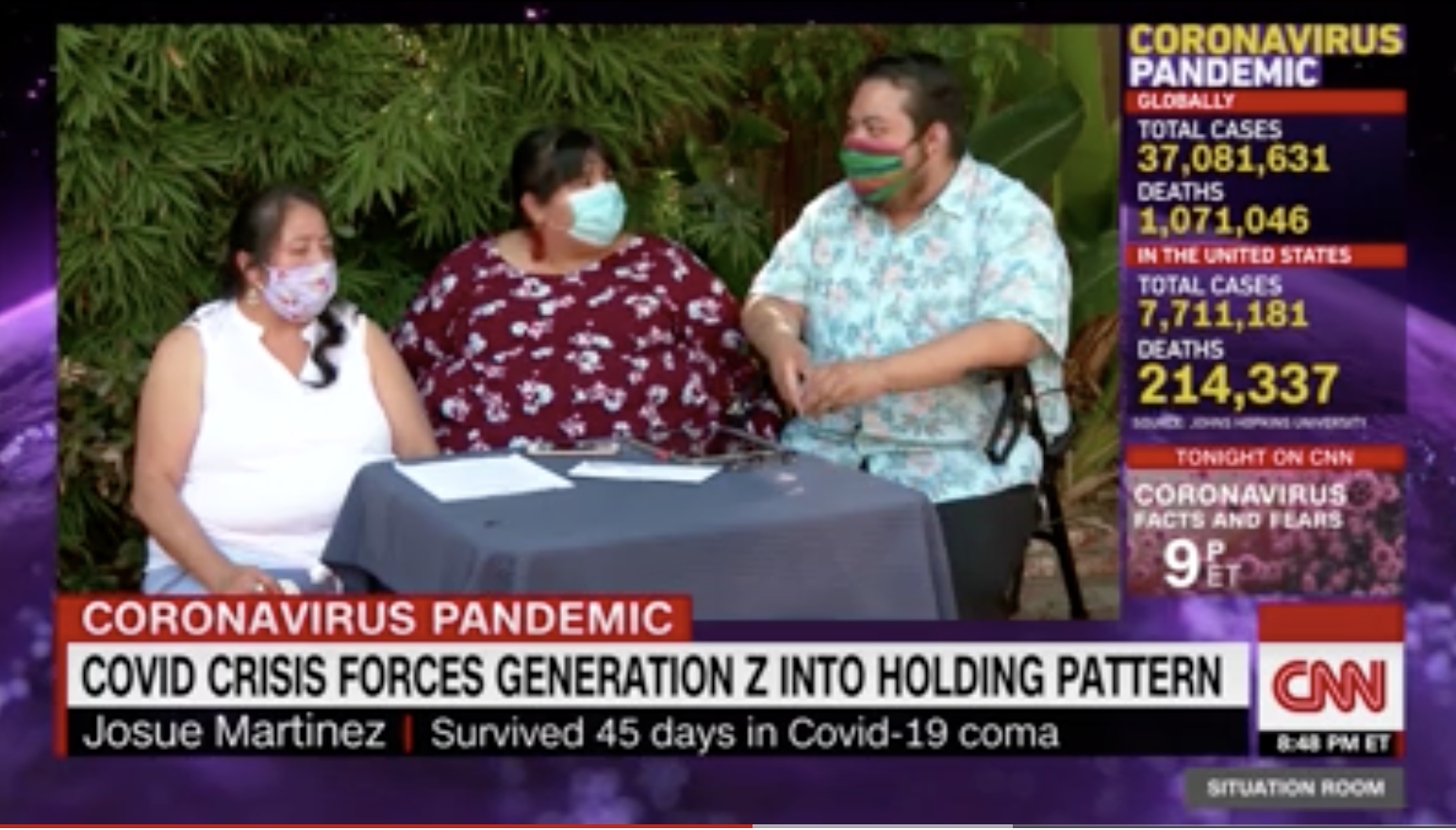Gen Z Is Suffering the Brunt of Covid-19 Economic Crisis
BROOKLYN, NY — The coronavirus pandemic is filled with lots of stories. Stories about how we’ve worn our masks. Stories of how some still refuse to. Stories of those who have gotten sick. Stories about the heroes caring for the infected. Stories about the people who have risen to the occasion. Stories about what the future of the world might look like as a result of the current moment.
Stories like that of Josue Martinez, a 29-year old who survived 45 days in a coma following his hefty battle with COVID-19. CNN’s Kyung Lah described him as “the sole breadwinner in his household” in a report on Generation Z and Millennials facing the brunt of the pandemic’s economical impacts. He pays the rent in the home that he his mom, and his girlfriend call home. In surviving COVID and taking on the responsibility as the provider for his family at an age where it’s recommended you take risks, and enjoy life; Martinez is not alone.
Lah’s report explained that Gen Z and Millennials make up the hardest hit age group in the current economical climate due to the pandemic. Our generation and Millennials have the highest rates of unemployment. Approximately 50% report that they or someone else in their home have lost a job or suffered partial salary loss as a COVID-19 pandemic consequence. When you’re someone like Martinez suffering from the aftermath of a coronavirus diagnosis, and trying to keep a roof over your family’s head and food on the table — money loss, even partial; or worse, job loss are the cards you can’t handle being dealt.
The Economic Policy Institute released a report earlier this month that details just how disproportionately harder this moment is financially and economically for Gen Z in comparison to the struggle bus other age groups are on.
The report details that young people were already suffering higher unemployment rates than older generations prior to the pandemic; but that it shot up a whopping 16% from Spring 2019 to Spring 2020. It’s important to note that these numbers are more disproportionate for minorities who have undoubtedly collectively suffered the brunt of the pandemic. The report also explains that young workers are suffering more so than others because we are more likely to have jobs in fields that were jolted hard by the pandemic such as leisure and hospitality.
The scary thing for everyone — but especially for Gen Z — is that there is no clear end in sight to this. No clear moment that jobs will come back, or that paychecks will be back to their usual amounts because there is no clear moment that our country will be back to “normal.” Or at least that people will play pretend normalcy with their wallets. The EPI helps us see one certain and unfortunate fact, “The economic effects of the COVID-19 economy on young workers may persist for years. Absent a much more effective policy response than was undertaken following the Great Recession, today’s young workers may experience serious and long-term labor market repercussions.”

